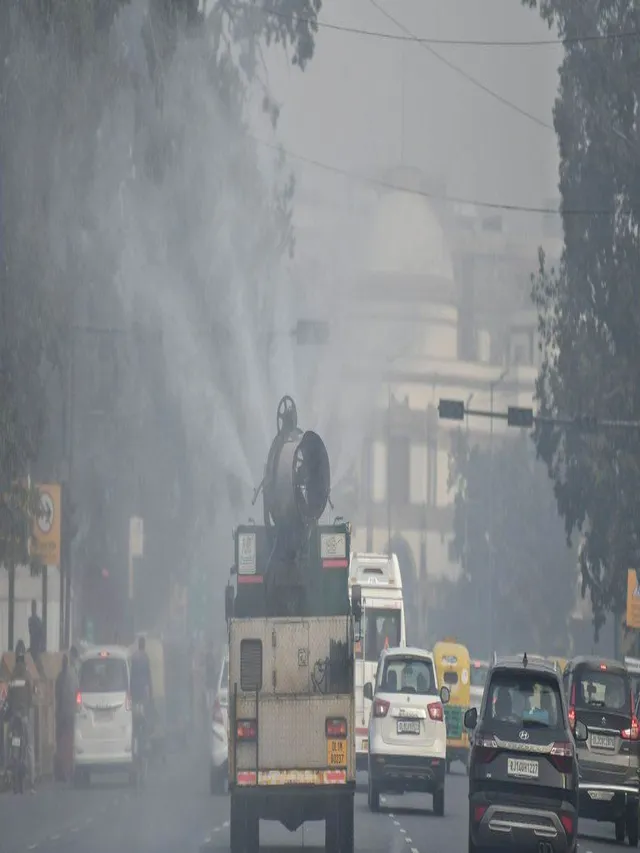- By Kamakshi Bishnoi
- Sun, 28 Sep 2025 04:38 PM (IST)
- Source:Jagran News Network
Industrial emissions and large-scale waste burning remain a major cause of air pollution in the capital, yet authorities have failed to take consistent action against them. While stubble burning often dominates the pollution debate, experts say emissions from industries and open waste burning are equally dangerous.
Delhi has 32 authorised industrial areas and 20 unauthorised zones. While industries in authorised areas have shifted to PNG, many in unauthorised zones continue to use banned fuels, releasing toxic smoke into the air. Waste, including industrial and residential, is also set on fire, often at night, further adding to pollution. In several localities, sanitation workers themselves burn heaps of dry leaves.
Adding to the crisis, coal-based power plants in NCR districts like Dadri, Jhajjar, and Panipat continue to operate without switching to cleaner fuels or adopting new technology. According to an IIT Kanpur study, these plants contribute nearly 8 per cent to Delhi’s PM2.5 levels by releasing hazardous gases such as sulphur dioxide and nitrogen dioxide.
The waste sector is another major contributor. Priyanka Singh, Programme Lead at the Council on Energy, Environment and Water (CEEW), said Delhi now generates around 12,000 tonnes of waste daily, double what it did two decades ago. “Only 65 per cent is treated; the rest is dumped or burnt. This contributes nearly 18 per cent to PM2.5 emissions,” she said. Seasonal surges in horticultural waste also worsen the problem, as it is often dumped and burnt in the open.
Experts stress that better source segregation, decentralised waste management by RWAs, schools, and offices, and stricter enforcement of CAQM guidelines could reduce open burning significantly. Facilities like bio-CNG plants also require 90 per cent clean, segregated waste to function effectively.
Meanwhile, in a significant step, the Delhi Pollution Control Committee (DPCC) has decided to conduct its first-ever comprehensive survey of all industrial areas in the city. The move comes amid the drafting of the new industrial policy.
ALSO READ: Ethanol-Blended Fuel Significantly Reduces Carbon Emissions In Uttarakhand; Centre Plans Higher Mix
Officials admit there is currently no authentic data on the number of industrial units in the capital or how many are operating without authorisation. The survey, to be completed within a set timeframe, will help the DPCC and Industries Department design future strategies to curb industrial pollution.

